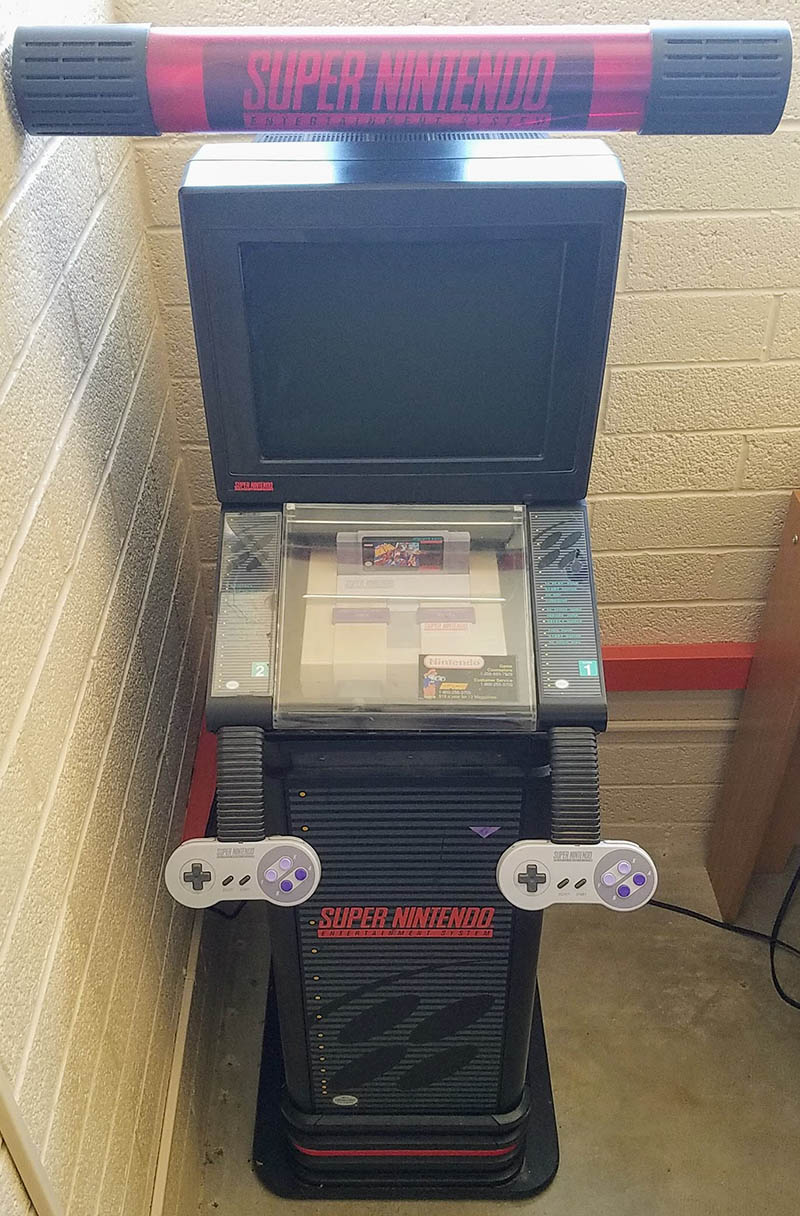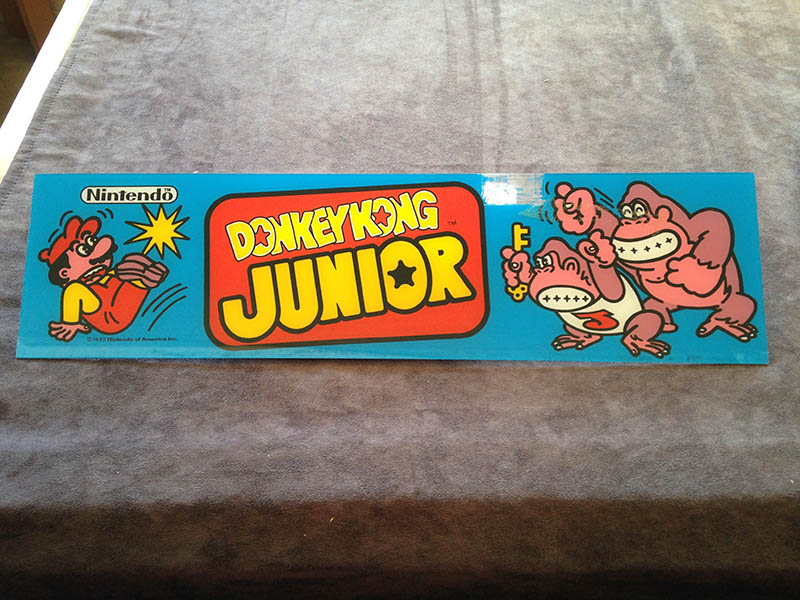We Used to Play That
Video games are a $100 billion global industry reaching millions of people ranging from the casual player to competitive gamers.
The Museum of Texas Tech University, in partnership with the Texas Tech Humanities Center, takes a look at the history, culture and consumer impact of video games in a new exhibition, We Use to Play That! Video Games for a Globalized World.
The exhibition features games and memorabilia from the Learning Games Initiative Research Archive at the University of Arizona. The exhibition will be open from February 9 through July 8, 2019.
 Video game packaging, posters, postage stamps, and consoles are all included in the
exhibition. The intent is to look at games that were developed primarily for a local
market, those that were developed with the intent of selling them around the world
and those local games that found an international audience.
Video game packaging, posters, postage stamps, and consoles are all included in the
exhibition. The intent is to look at games that were developed primarily for a local
market, those that were developed with the intent of selling them around the world
and those local games that found an international audience.
In the early 1970s, the huge success of a new type of play activity called "Pong" installed the word as a synonym for video gaming. What started at bars in the San Francisco Bay area spread in a few years to thousands of households. Video games became a phenomenon that spread around the world like wildfire. Games, controllers, accessories, paraphernalia, and game culture defined the late 20th and the 21st centuries.
Games are instances of play. French theoretician Roger Caillois characterized play as a free but circumscribed activity whose results are unknown and does not have a practical goal. Rules govern play, and those who engage in it are aware of not being acting for real.
Video games shape many people's everyday daily routines, fantasies, and world-view. Virtual game characters and icons have spawned clothing, accessories, vocabulary, expressions, and patterns of behavior that have become central to our contemporary culture. If in the past video games' plots took elements from films and literature, the flow has reversed. Today, video games have transformed our way to tell stories as they reflect and address social issues.
 Originally developed in California, U.S, and Japan, the video game industry is today
one of the fastest growing sectors in U.S economy. It has been and is a major driver
of globalization. First distributed by retail stores, in our digital age any coder
can create their own video game, there are as many popular games online as there are
in hard copy formats, and political differences or international laws have not stemmed
participation in massive multiplayer online games or exchanges among international
games developers.
Originally developed in California, U.S, and Japan, the video game industry is today
one of the fastest growing sectors in U.S economy. It has been and is a major driver
of globalization. First distributed by retail stores, in our digital age any coder
can create their own video game, there are as many popular games online as there are
in hard copy formats, and political differences or international laws have not stemmed
participation in massive multiplayer online games or exchanges among international
games developers.
Museum of Texas Tech University
-
Address
3301 4th Street, Lubbock, TX 79415 -
Phone
806.742.2490 -
Email
museum.texastech@ttu.edu
